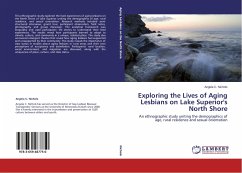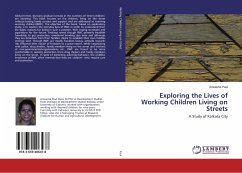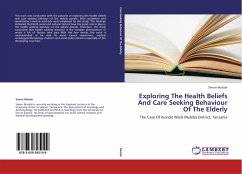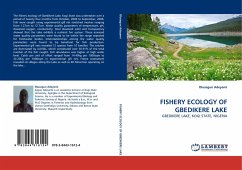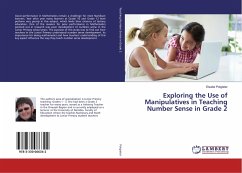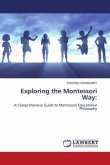This ethnographic study explored the lived experiences of aging lesbians on the North Shore of Lake Superior uniting the demographics of age, rural residence, and sexual orientation. Research methods included semi-structured interviews, grand tour, participant observation, field notes, photography, and group discussion. The analytical framework was biography and used participants' life stories to understand their lived experiences. The results reveal how participants learned to adapt to climate, culture, and community in a unique, isolated place. The study also uncovered emergent themes that reveal how aging lesbians feel supported and unsupported by their community. This study reveals the importance of class status in studies about aging lesbians in rural areas and their own perceptions of acceptance and assimilation. Participants' rural location, social environment, and migration are discussed, along with the uniqueness of place, culture, and class status.
Bitte wählen Sie Ihr Anliegen aus.
Rechnungen
Retourenschein anfordern
Bestellstatus
Storno

